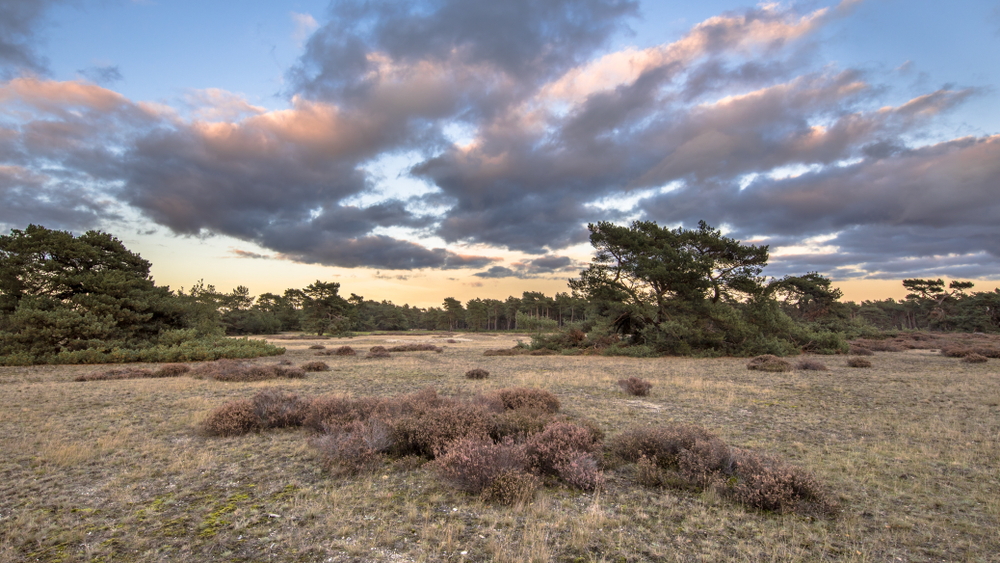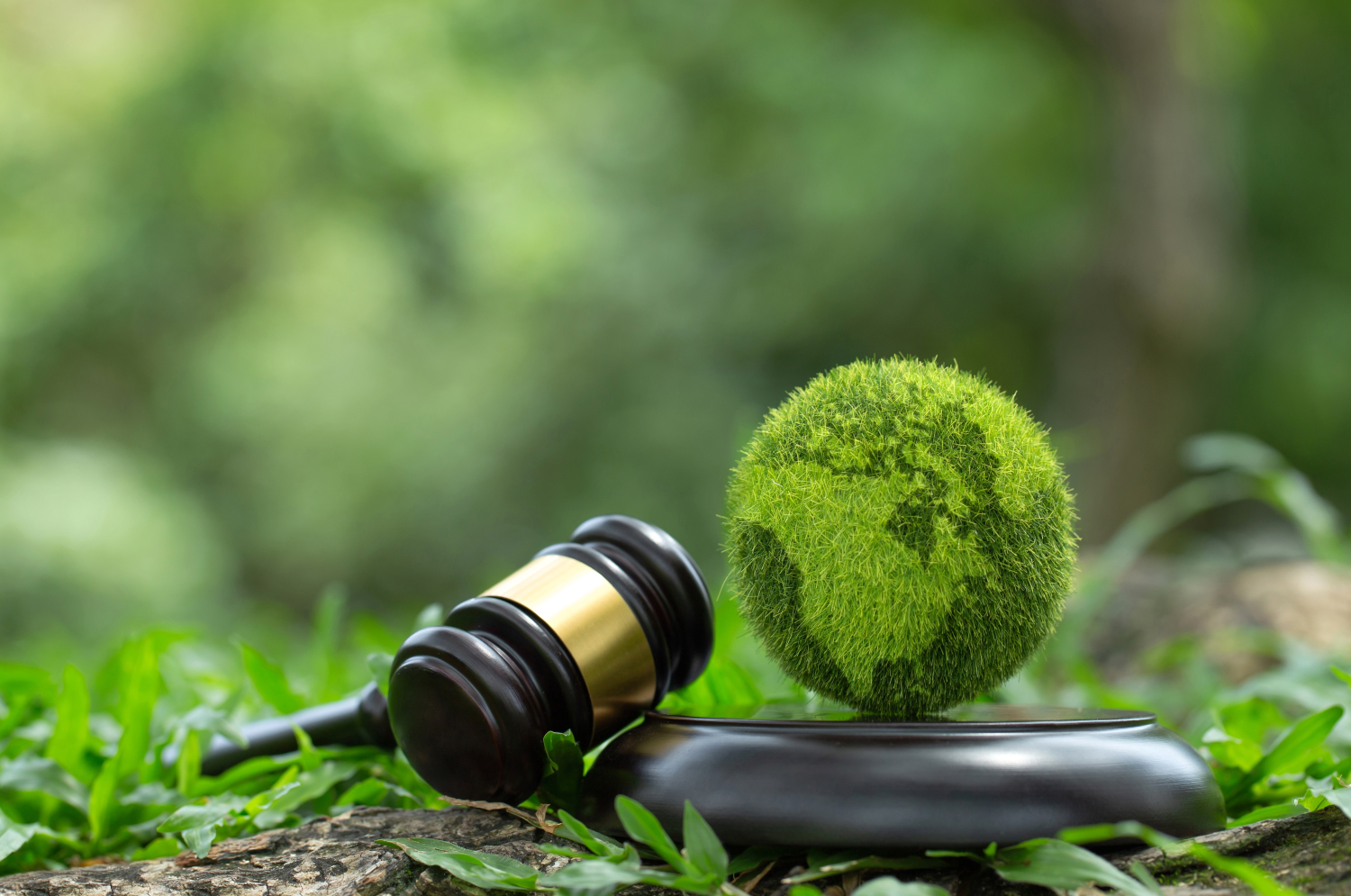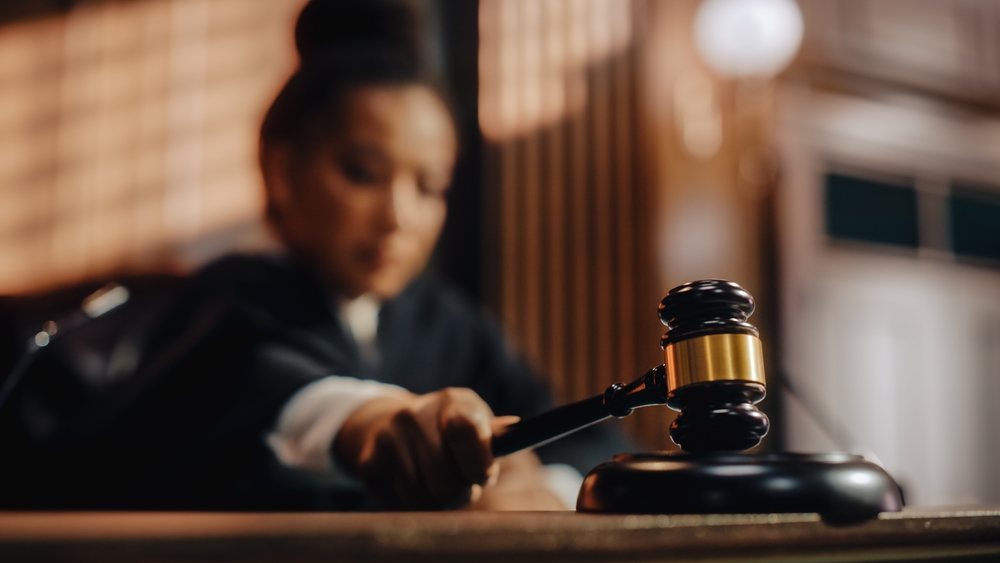Renkum business Plant-e, which originated at WUR’s Environmental Technology group, won a court battle over patent infringement by a Spanish competitor. Plant-e took the case to the Dutch branch of the so-called Unified Patent Court (UPC) in July 2023.
Patent rights play a crucial role in the valorisation of knowledge developed at Dutch universities. ‘We worked tirelessly for many years to develop this technology. Respecting intellectual property is crucial to innovation and progress’, Plant-e founder and CEO Marjolein Helder told Resource about the decision to file a lawsuit.
Plant-e develops products in which live plants generate electricity for, for example, lighting and sensors. The basis for this technology was developed at WUR’s Environmental Technology group, which patented the Plant Microbial Fuel Cell (P-MFC) technology. When a number of researchers founded Plant-e, the company bought the rights to take the technology to the market. Moreover, Plant-e successfully applied for a European patent.
Infringement
The Unified Patent Court’s (UPC) ruling on Friday confirmed the validity of Plant-e’s patents. The court determined that Bioo was infringing upon Plant-e’s intellectual properties and ordered Bioo to take the challenged products off the market in all European countries for which the UPC has jurisdiction and for which Plant-e’s patents apply: Belgium, Luxembourg, France, Italy and Germany. Bioo was also ordered to pay damages to Plant-e.
Simmons & Simmons Law Firm represented Plant-e. Lawyer Oscar Lamme: ‘This ruling underscores the fact that UPC also serves small businesses and not just multinationals. Moreover, UPC lived up to its promise to treat the case soon: these proceedings took just over a year.’ The Plant-e case was the first to be brought before the UPC division in The Hague.

 Plant-e lights in Rotterdam’s ‘Park van Morgen’. Photo Plant-e
Plant-e lights in Rotterdam’s ‘Park van Morgen’. Photo Plant-e 

